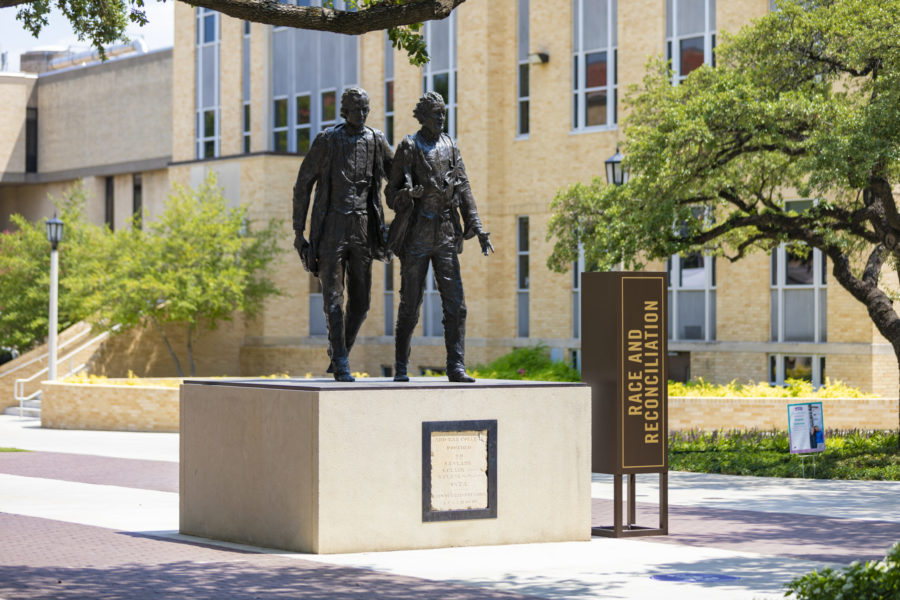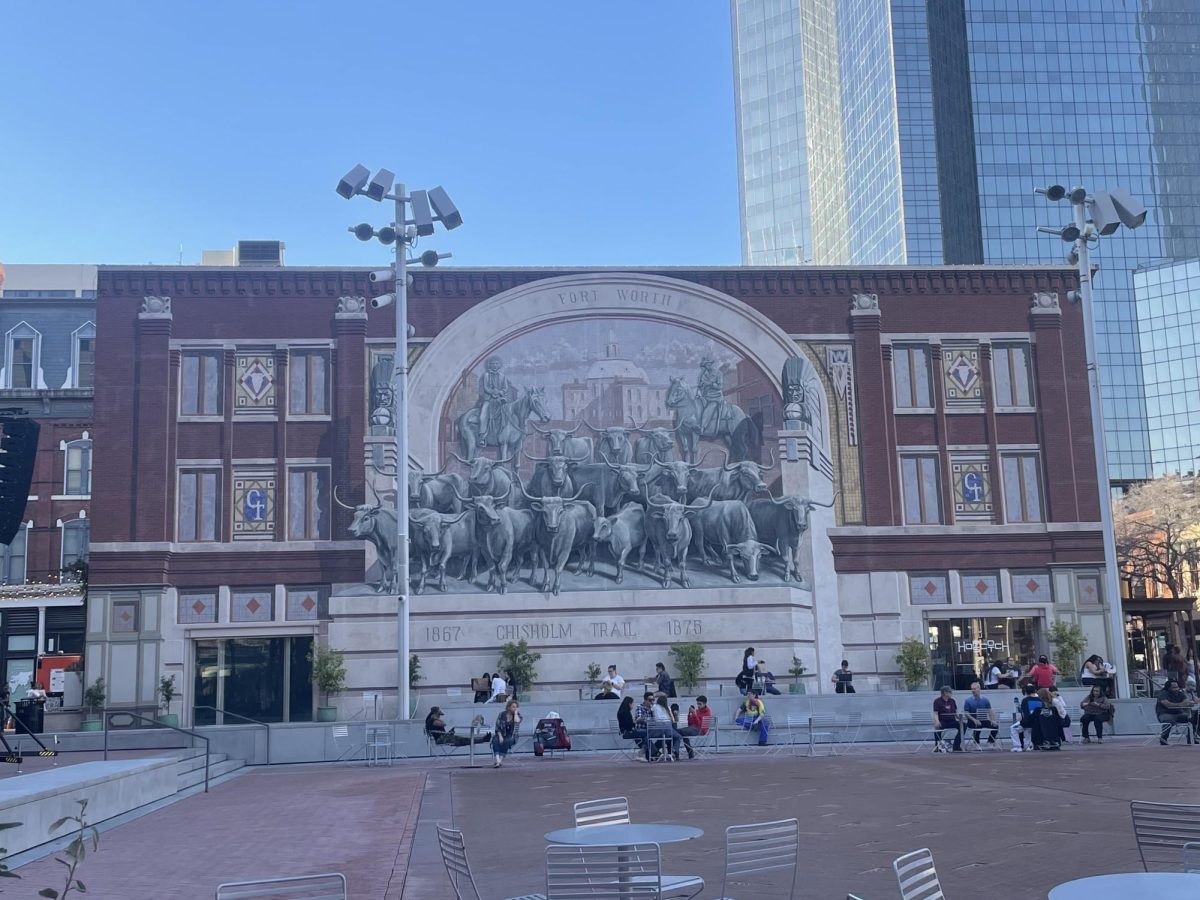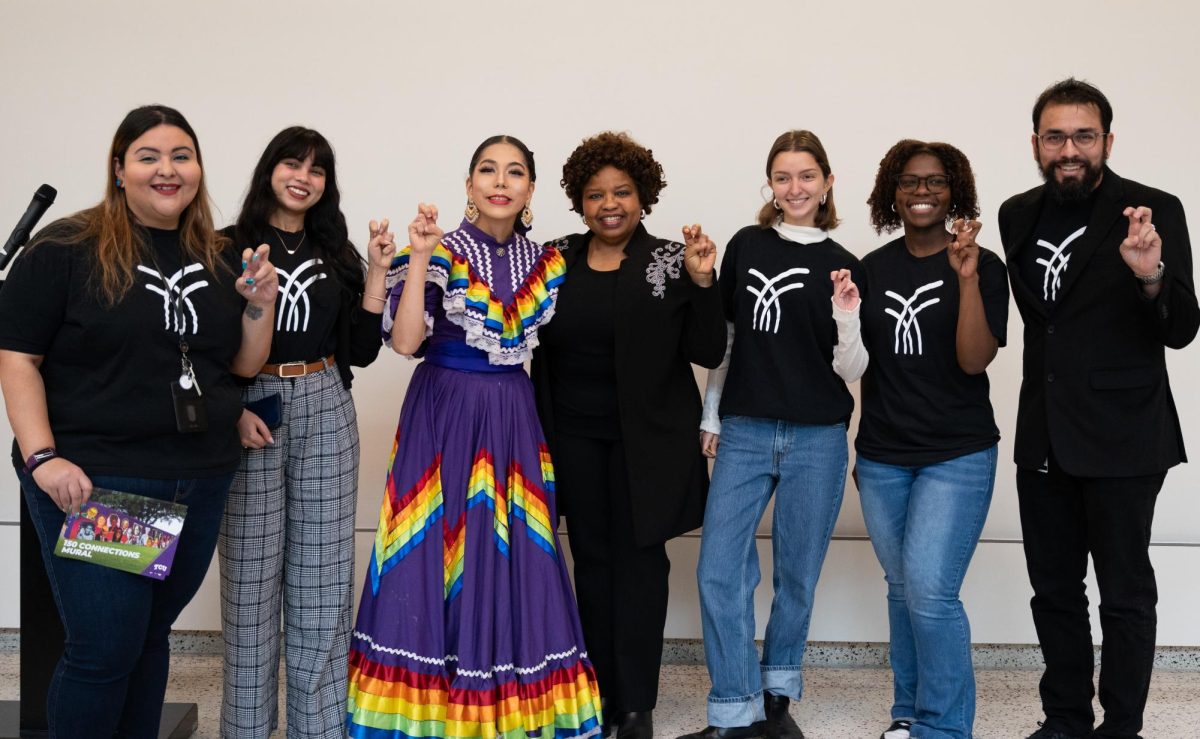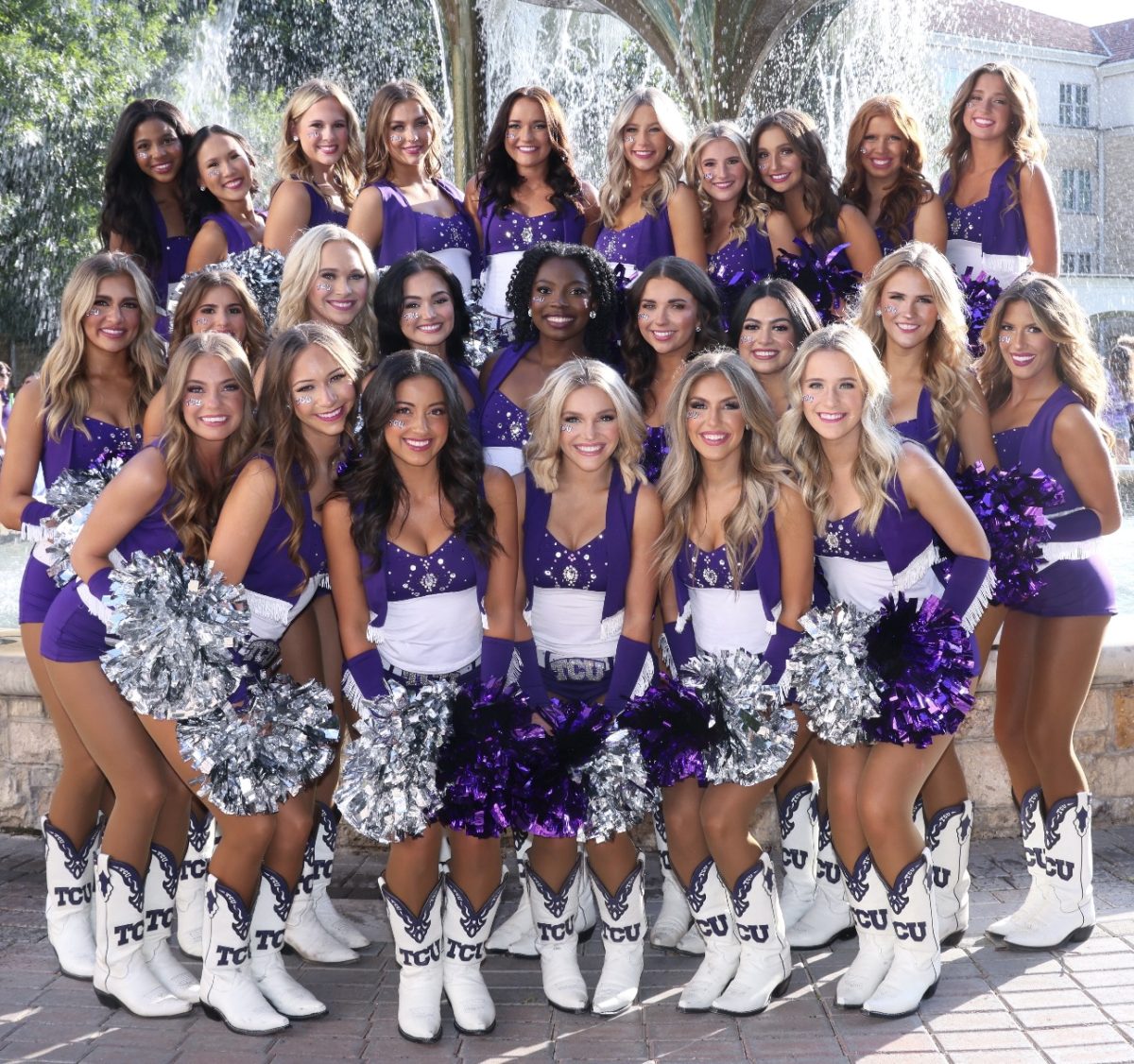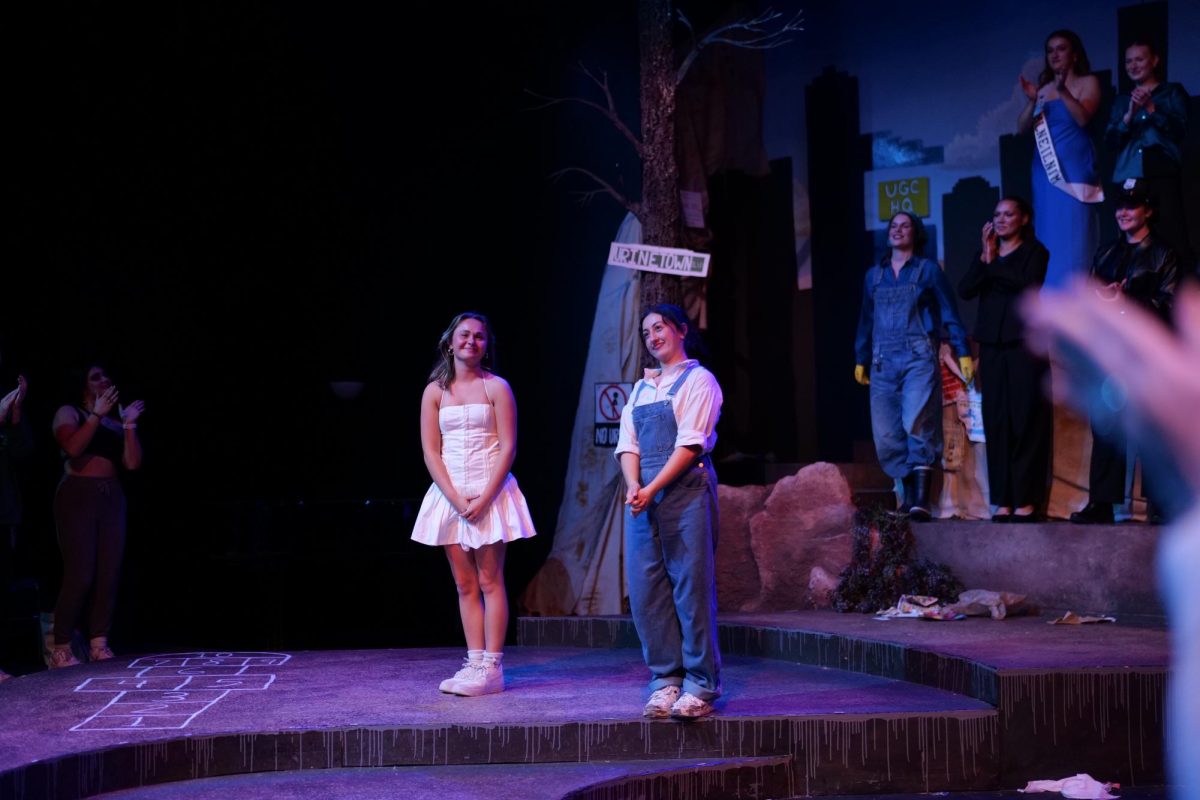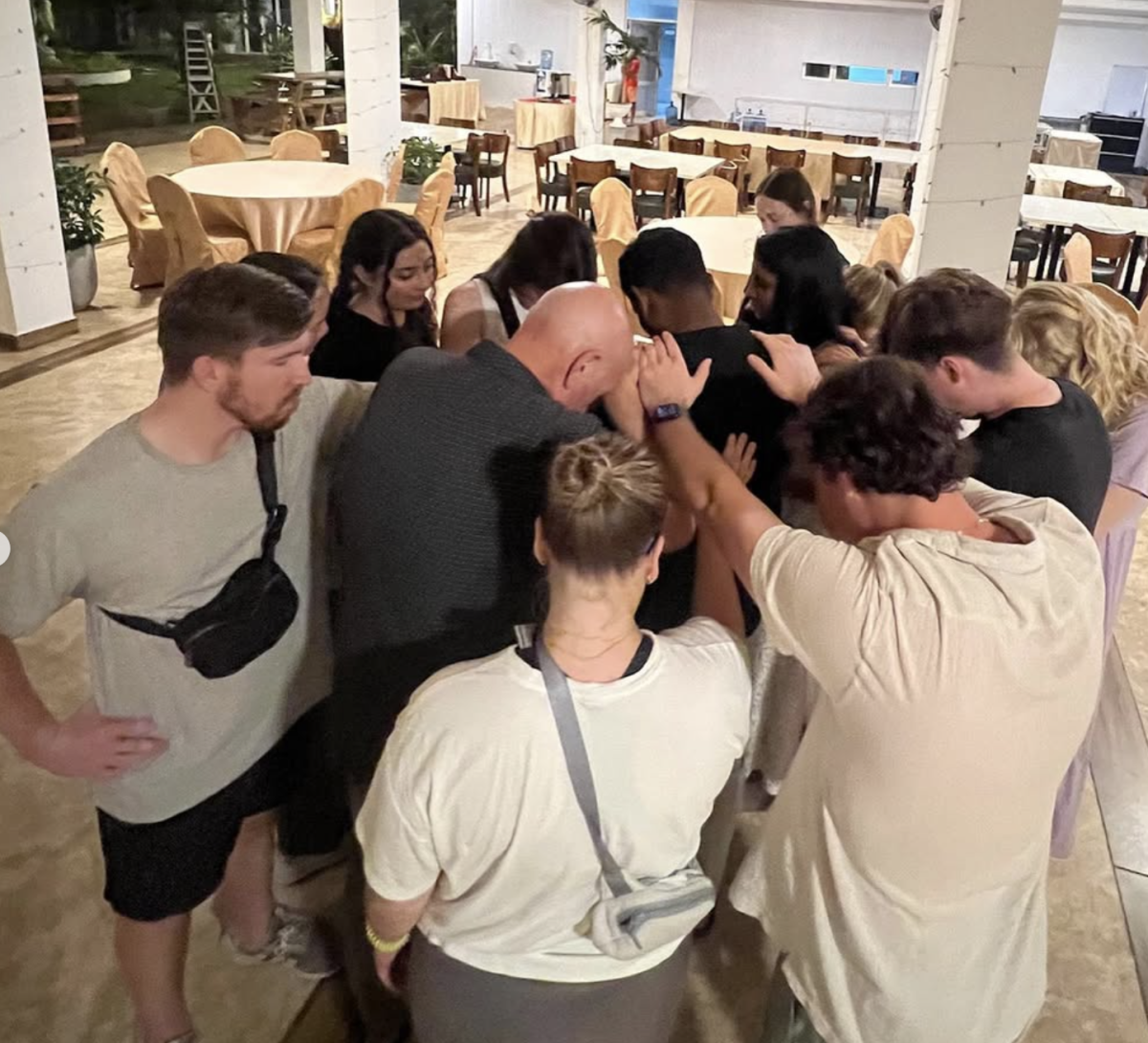On Aug. 26, Anthea Butler, a professor at the University of Pennsylvania, posted a one-sentence message on her Twitter account.
“I would be down as a professor to follow the NBA and Strike for a few days to protest police violence in America,” she wrote.
That statement quickly turned from a simple idea into a national movement. On Tuesday and Wednesday, just two weeks after Bulter sent the tweet, instructors across the country participated in Scholar Strike, an action and teach-in inspired by the WNBA and NBA strikes and designed to “call awareness to the racial climate in America, and the rash of police shootings and racialized violence,” according to the movement’s website.
In an opinion piece on CNN, Butler and Kevin Gannon, the co-founder of the initiative and a professor at Grand View University, wrote that universities and their communities are not isolated from the events happening off campus.
“As scholars and educators, we are acutely aware that this is a moment in American life when race, racism, policing, and violence are on the news every evening. Add in the pandemic, and the urgency of where we are multiplies,” they wrote.
Several TCU professors decided to join more than 600 instructors at institutions throughout the U.S. and get involved in Scholar Strike, canceling or modifying their lesson plans and inviting other faculty, staff and students to learn about the new material.
Dr. Scott Kurashige, the chair of the comparative race and ethnic studies (CRES) department, said faculty members in his department heard about the initiative and wanted to implement it at TCU.
Kurashige, who is also a CRES professor, opened up his lecture, “How Whiteness Defined U.S. Citizenship in the Era of Imperialism and Jim Crow,” to those not enrolled in his class. He said about 95 people attended the virtual session, where he taught about the cultural, legal and political climate in America about 100 years ago, when whiteness was central to deciding who could immigrate to, live and work in the country.
Kurashige said this forms the basis to understanding policing that selectively protects and discriminates against members of the population.

Kurashige said he knows his lecture couldn’t cover all the information people need to know about the roots of structural racism, but he wanted to highlight just how much there is to learn. The point of his teach-in, he said, was to help reprioritize how people invest in and conceptualize education, shifting the focus from fulfilling curricular requirements to applying knowledge and ideas to real-world issues and situations.
“If miseducation is playing a role in reproducing inequity and racial stereotyping and racial profiling, then really we need to think about what type of changes we need in our concepts of education and in our practices of education,” he said.
Kurashige suggested some ways to implement these changes on campus include increasing the number of experts to more thoroughly research and teach about the complexities and nuances of CRES.
Dr. Brandon Manning, an assistant professor of English, also participated in the event. He co-led a teach-in discussion with Dr. Stacie McCormick called “Reading Toni Morrison’s Song of Solomon through Lenses of Anti-Black Violence, Justice and Gender,” which about 85 people virtually attended.
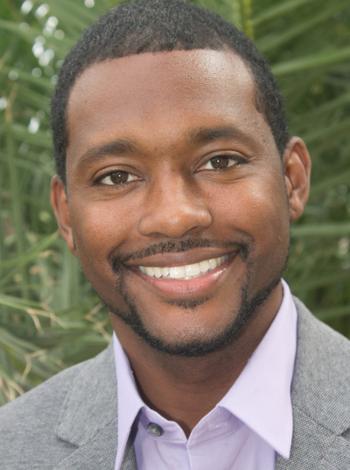
Manning and McCormick were already covering Morrison’s novel as part of the normal instruction for their classes, so they were able to pivot the conversation to focus on social justice issues fresh in the minds of people across the globe. The Black Lives Matter protests over the summer, the NBA and WNBA strikes and the death of Jacob Blake in particular were what Manning said “reaffirmed reaffirmed for me the need to incorporate these kinds of spaces and conversations and discourses in the classroom.”
Manning said in his first Tuesday class, one of his students said they felt “seen for the first time in a real way on campus” as a result of the discussion topic.
Manning stressed the important of education as the first step in combating racism, and he said many of his students are learning about issues such as how tied the founding fathers were to slavery, or how structural inequality persists.
“These kind of spaces where you can have a broad range of folks in the same space, and people can be vulnerable and can share and can learn, really helps to kind of undermine and challenge and disrupt the ways that a number of our students, especially our Black students, feel like they’re not seen or heard on campus,” he said.
But he also noted other benefits of the Scholar Strike.
“As much information as they offered up, it was also the ability for different instructors and professors to say, ‘I see you, and I recognize what’s happening.'”
Dr. Brandon Manning, an assistant professor of English
This awareness was something Dr. Wil Gafney, a professor of the Hebrew Bible in the Brite Divinity School, said motivated her to participate in the Scholar Strike.
Gafney canceled the class she was scheduled to teach during the strike and offered optional instruction regarding white supremacy in Biblical interpretation. She also posted a video to the Scholar Strike YouTube page, in which she discusses the topic.
Dr. Wil Gafney’s video on white supremacy in Biblical interpretation.
Gafney wrote in an email that the world is shaped so significantly by the Bible and its interpretation, and white supremacist interpretation affects how people see themselves and others. For example, the construction of God as white has caused some people to be presented as more fully made in God’s image than others.
“Whiteness in sacred and cultural images from the Afro-Asiatic Israelites and their neighbors to Jesus and his disciples is not only ahistoric but are inherently harmful and are themselves acts of systemic sanctified racism,” Gafney wrote.
She wrote that she wanted her video to help people understand the negative effects that have come from using the Bible to justify white colonists’ genocide of Native Americans and enslavement of Africans, as well as to give theological support for the Holocaust.
To make Biblical interpretation more accurate and eliminate discriminatory practices and ideologies, Gafney wrote, would entail “commitment, intent, self-awareness and for dominant culture faculty and clergy to educate themselves,” in addition to maintaining diverse faculty and learning objectives at universities.
“I continue to work and fight for racial justice in the classroom, in the pulpit and in the streets for as long as necessary,” Gafney wrote.

